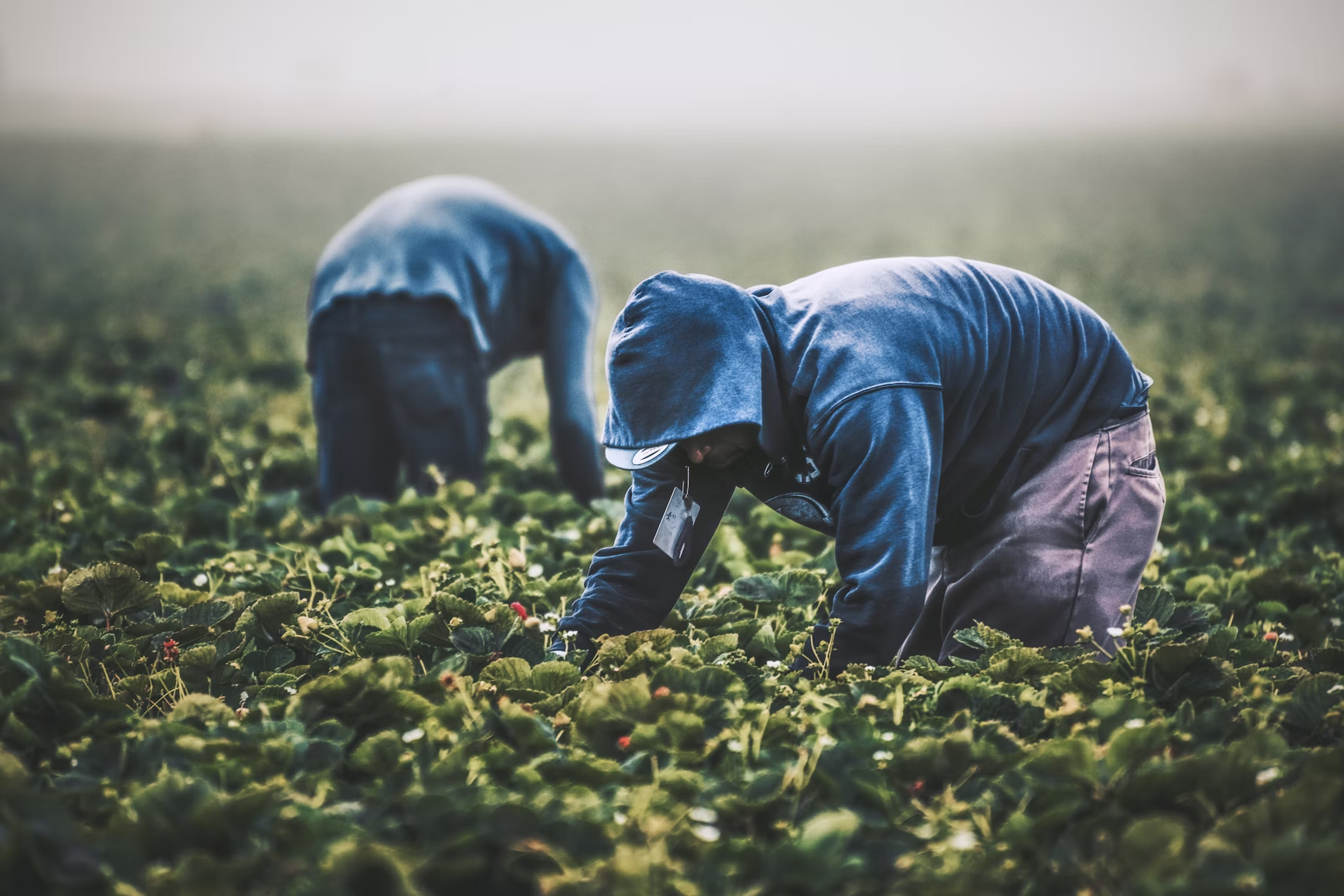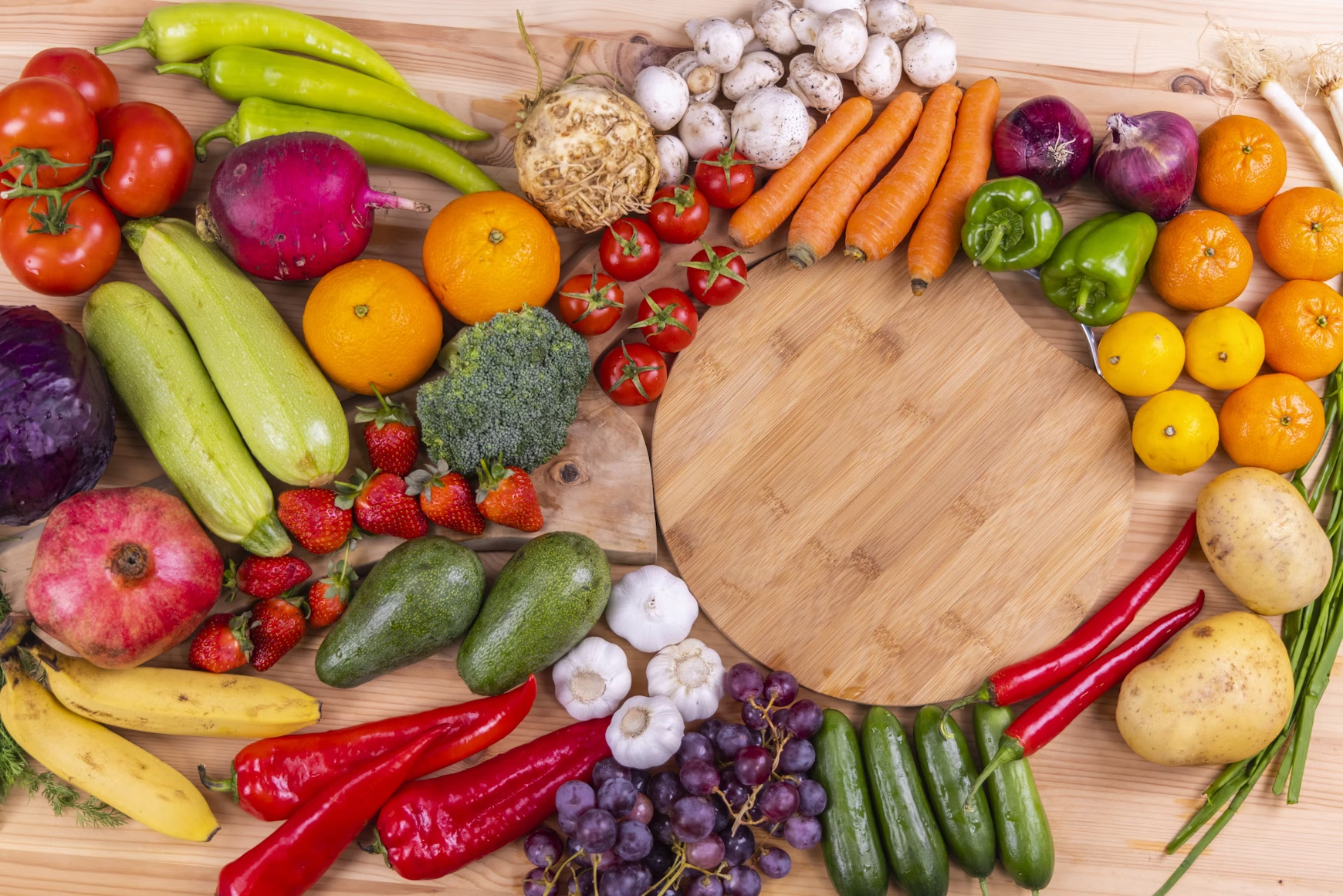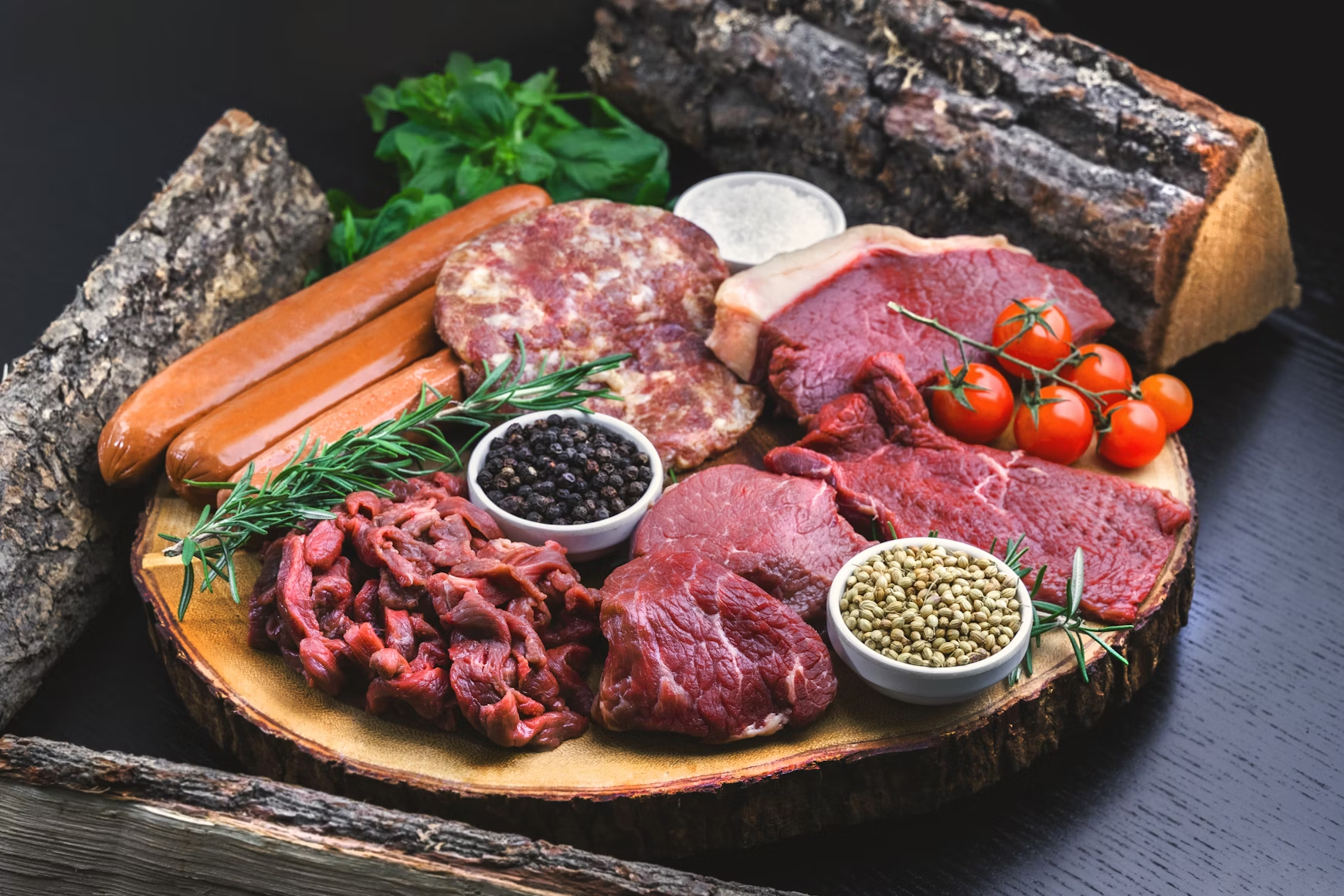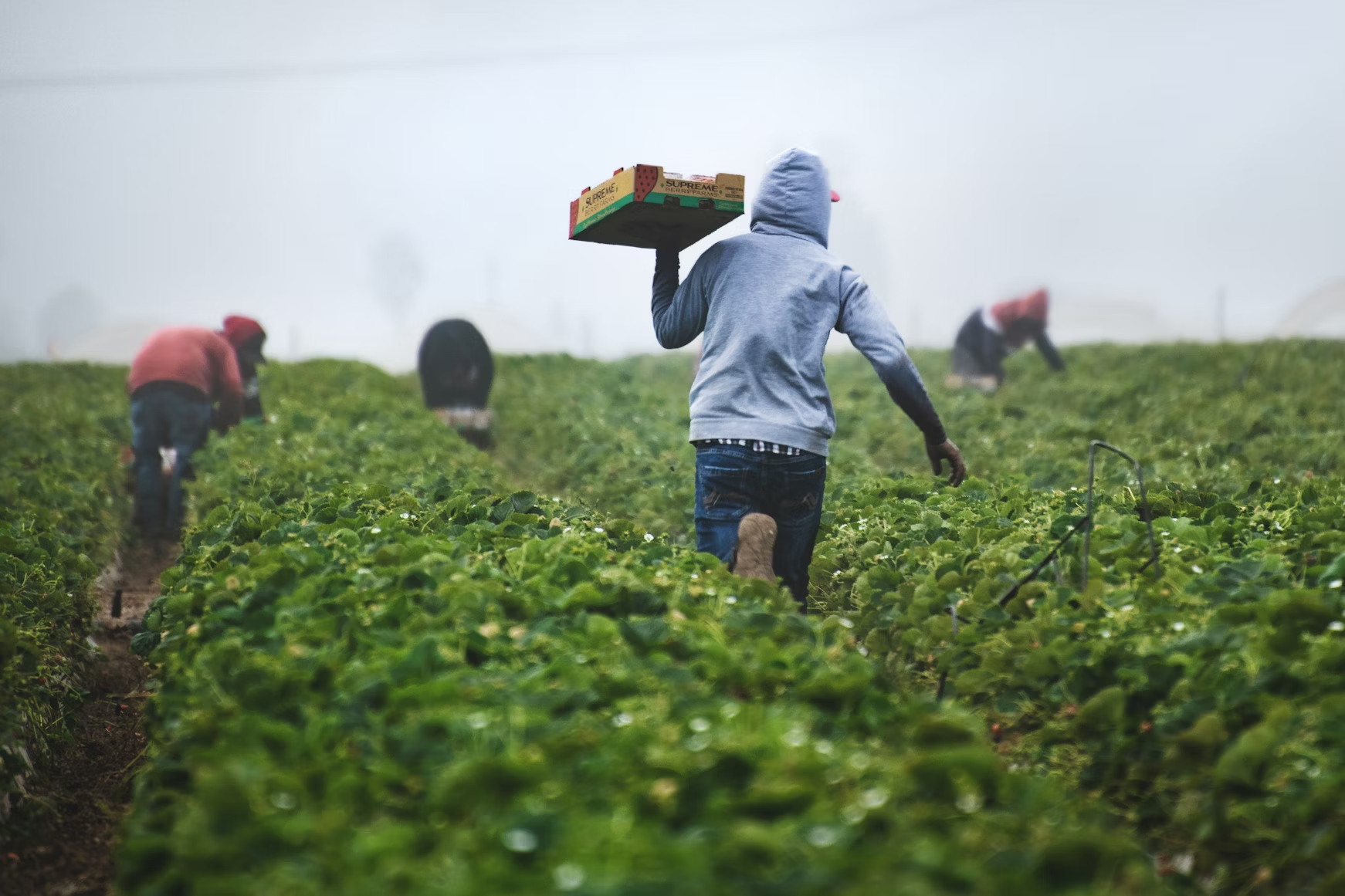
Farm to Table
Connecting local farms directly to consumers, reducing waste and supporting sustainable agriculture while providing fresh, nutritious food at affordable prices.
What is Farm to Table?
Shortening the Food Supply Chain
Farm to table is about creating direct connections between farmers and consumers, eliminating unnecessary middlemen and reducing food waste.

Traditional Food System
In the traditional food system, produce travels through multiple intermediaries before reaching consumers. This lengthy supply chain leads to:
- Higher food waste (30-40% of produce)
- Increased transportation emissions
- Less fresh food for consumers
- Lower profits for farmers

Farm to Table with Last Call Foods
Our Farm to Table program creates direct connections between local farms and consumers, resulting in:
- Significantly reduced food waste
- Lower carbon footprint
- Fresher, more nutritious food
- Better prices for both farmers and consumers
Farm Fresh Products
From Local Farms to Your Table
Discover the variety of fresh, seasonal products available through our Farm to Table program.

Farm Fresh Dairy
Fresh milk, cheese, yogurt, and eggs from local dairy farms

Seasonal Produce
Locally grown fruits and vegetables at peak freshness and flavor

Ethically Raised Meat
Humanely raised meat and poultry from local family farms
Benefits
Why Farm to Table Matters
Farm to table connections create positive impacts for everyone involved.

Benefits for Farmers
- Fair Prices: Farmers receive better compensation for their products by selling directly to consumers.
- Reduced Waste: Less produce is rejected due to cosmetic standards, allowing farmers to sell more of what they grow.
- Community Connection: Farmers build relationships with local consumers who value their work.

Benefits for Consumers
- Fresher Food: Products travel shorter distances and reach consumers faster, resulting in fresher, more nutritious food.
- Better Prices: By eliminating middlemen, consumers often pay less for higher quality products.
- Transparency: Consumers know exactly where their food comes from and how it was produced.

Benefits for the Environment
- Reduced Food Waste: Less food is wasted throughout the supply chain, reducing methane emissions from landfills.
- Lower Carbon Footprint: Shorter transportation distances mean fewer greenhouse gas emissions.
- Sustainable Practices: Local farms often use more sustainable farming methods that are better for soil health and biodiversity.
